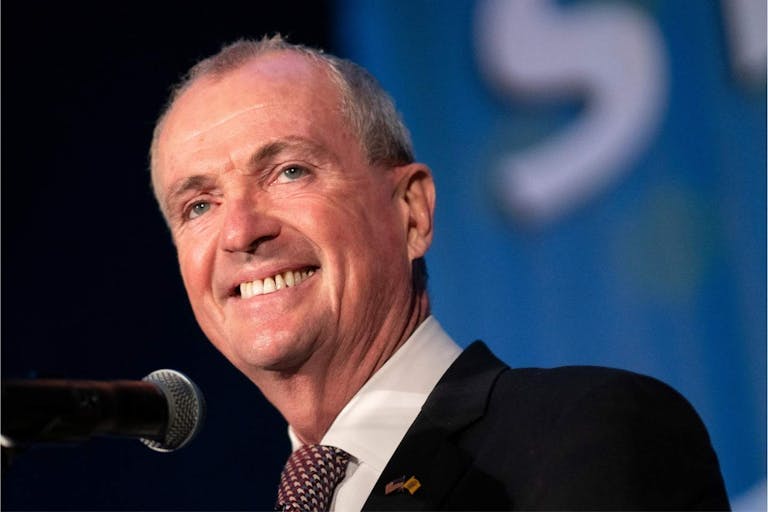
New Jersey governor promoted abortion on Christmas Eve
Cassy Cooke
·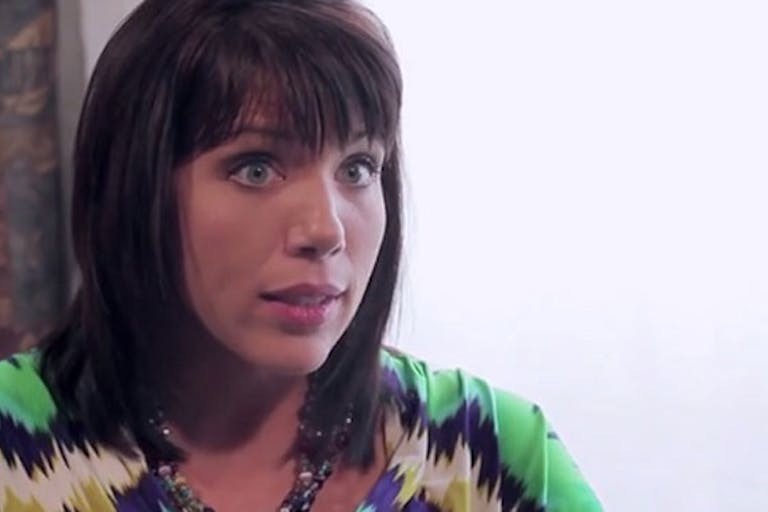
Opinion·By Wendy J Broderick Smith, MSN, ACNP-retired
‘You Carried Me:’ The turbulent, emotional, and victorious journey of an abortion survivor
“Life can only be understood backwards; but it must be lived forward.” ~ Soren Kierkegaard, 19th century philosopher/theologian
The emotional and psychological impact that abortion has on women is difficult to define, due in large part to the complexity of the abortion experience, the circumstances, and the range of emotions women experience leading up to and following an abortion. There are so many untold stories. These untold stories are not only the stories of difficult choices, post-abortive experiences, or adoption; they are also the stories of botched abortions and the resulting physical and emotional trauma of abortion survivors.
According to research reports from the American Center for Law and Justice (ACLJ), 362 babies who were born alive as a result of botched abortions died between 2001-2010. Cases have been reported where infants are intentionally and violently killed at the hands of the abortionist after they are born alive (e.g. Gosnell and Karpen). But how many have survived a botched abortion? The number remains unknown.
Melissa Ohden’s brand-new book, “You Carried Me: A Daughter’s Memoir,” is the story of her turbulent emotional journey to find identity and healing as an abortion survivor.
Melissa survived a botched saline abortion in 1977. As I read her story, and tried to put myself in her position, to understand the issues she struggled with, I gained new insight into the emotional warfare that weighs so heavily on the hearts of everyone who is impacted by abortion: the mother, the father, the caregivers, and as in Melissa’s case, those who survive. Whether you are pro-life or pro-choice, you cannot be neutral. It is important to grasp the impact that these decisions have on our culture, our humanity, and those who must live with the consequences.
Weighing two pounds, 14.5 ounces, Melissa was born on August 29, 1977. Due to medical issues, she was transferred to a neonatal intensive care unit (NICU) and remained hospitalized until October, when she was taken to her new adoptive home. Melissa tells of a close adoptive family and a happy childhood.
However, in her early teens, she learned that she had survived a saline abortion. Confronted with this truth, her world began to fall apart. She could not come to terms with the fact “that the people who had conceived me had also tried to destroy me.”
She tells of living a “double life” during her teen years. Outwardly, she performed well and appeared to have it all together. “To my teachers, friends, coworkers at a local flower shop, and siblings, I seemed happy, healthy, hardworking and well liked. To my parents, I was the perfect child – responsible, obedient, successful. I didn’t allow them to see – that I was falling apart…my obsessive and distorted thoughts about my birth overwhelmed me.”
Melissa describes her inner pain being the real driving force in her life. In an attempt to lift the emotional weight and regain control, she chose to lose physical weight and developed an eating disorder. To ease the emotional pain, she began drinking alcohol. As Melissa describes it, “Bulemia, alcohol, sex – these were my unholy trinity of coping mechanisms.”
As she entered her collegiate years, Melissa met with rejection from her peers and professors whenever she tried to share her story. Though she would describe herself as a “feminist,” she realized that the existence of a living, breathing abortion survivor did not fit narrative of the feminists she knew because it didn’t bolster their support of abortion.
Over two decades filled with barriers, hours of research, and many challenge and heartaches, Melissa eventually obtained her medical records confirming the account of the botched abortion. She was able to connect with individuals who worked at the hospital where she was cared for – a maternity nurse who had heard her cry or whimper after birth, a woman who’d been a volunteer in the NICU and had rocked her – as well as members of her birth family, including her birth mother. She was able to bring closure, realizing she was wanted, and that her mother had herself been a victim. Her birth mother, too, went through her own lifelong journey of pain and trauma.
Melissa’s story is one of redemption, healing, and forgiveness. She describes how her feelings toward her birth mother changed:
I had thought of her all my life. As a teen, my feelings toward her had been dominated by anger and confusion. Later, my search for her had been driven by curiosity. Those feelings had long since been swept away. In their place were compassion, understanding, forgiveness and love.
Melissa is now married and a mother of two. She has testified before Congress, been a guest speaker for Feminists for Life, Susan B. Anthony List, testified before Congress, and has launched the Abortion Survivors Network.
She feels her mission is “to be a voice of forgiveness toward those who’d had an abortion and longed to be forgiven… to personify the humanity of the aborted ‘fetus,’ to show that the fetus is actually a baby.” She is “convinced God protected me to be a voice for the voiceless – and their mothers”:
But as time went on, my perspective shifted. Each time I spoke, I met people who had been directly hurt by abortion and who suffered in silence. I knew how it felt to be marginalized and stifled and disbelieved. It takes tremendous courage for women, and men, to share their abortion experience; each needs to do it in their own time, in a way that feels safe for them. I felt increasingly called to be a voice not for myself, but for others.
I recommend “You Carried Me: A Daughter’s Memoir” to everyone. Pray as you read it, that the eyes of your heart will be opened to those suffering from the abortion experience, and for compassion to walk beside them on their journey toward healing and forgiveness. You will be enriched.
The new Congress will likely soon be debating bills to restrict abortion, particularly late in pregnancy. I hope this book will motivate readers to encourage Congress to do what we can to end the laws and the culture that allow us to kill babies like Melissa Ohden.
We can all be a voice for the voiceless, and our journey may start with an encounter with a real person who survived. You can order Melissa’s book here. You can also meet up with Melissa at the March for Life, as she will be holding book signing events in the expo hall.
Live Action News is pro-life news and commentary from a pro-life perspective.
Contact editor@liveaction.org for questions, corrections, or if you are seeking permission to reprint any Live Action News content.
Guest Articles: To submit a guest article to Live Action News, email editor@liveaction.org with an attached Word document of 800-1000 words. Please also attach any photos relevant to your submission if applicable. If your submission is accepted for publication, you will be notified within three weeks. Guest articles are not compensated (see our Open License Agreement). Thank you for your interest in Live Action News!

Cassy Cooke
·
Opinion
Angeline Tan
·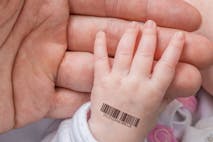
Issues
Angeline Tan
·
Guest Column
Emily Berning
·
Opinion
Nancy Flanders
·
Opinion
Mark Wiltz
·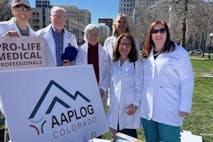
Guest Column
Wendy J Broderick Smith, MSN, ACNP-retired
·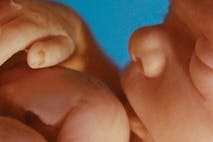
Opinion
Wendy J Broderick Smith, MSN, ACNP-retired
·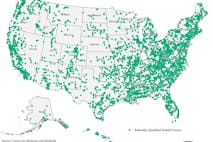
Issues
Wendy J Broderick Smith, MSN, ACNP-retired
·
Media
Wendy J Broderick Smith, MSN, ACNP-retired
·
Human Rights
Wendy J Broderick Smith, MSN, ACNP-retired
·